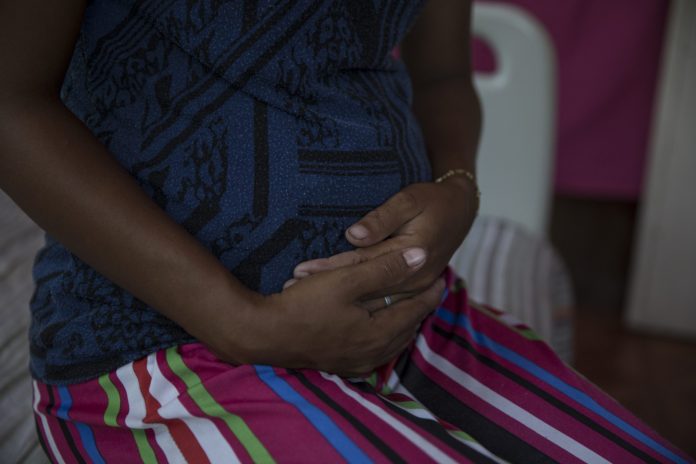Women’s groups in the Philippines called for “unhampered delivery of reproductive health services” despite the lockdown due to the coronavirus pandemic.
The women said provision of RH services is “life-saving and should be made integral and essential to the government’s COVID-19 response.”
In a statement, the groups said that ensuring the unhampered delivery of RH services contributes to preventing unwanted or unplanned pregnancies and preventable maternal and infant deaths.
“Now is not the time to stop the delivery of reproductive health services and information,” said Rina Fulo, officer of Oxfam Pilipinas’ Sexual Health and Empowerment Project.
“We need this more than ever to protect and promote the rights of women and girls especially those in the most vulnerable sector,” she said.
Women’s groups called for the inclusion of reproductive health commodities, such as menstrual health items and contraceptives, in relief packages and dignity kits.
They also called for the availability of comprehensive sexual and reproductive health services such as the continuity of post and pre-natal care, and information to reduce unsafe and unhealthy sexual practices.
Oxfam noted that even before COVID-19, the state of sexual and reproductive health of women and girls was already a grave public health challenge in the Philippines.
Approximately 196,000 girls and young women between the ages of 15 and 19 years old get pregnant each year.
The Commission on Population and Development declared it a “national social emergency” in 2019.
Data from the 2017 National Democratic Health Survey showed that one in five girls is a mother by age 19, and two thirds of women are not using any form of birth control.
It added that 24 percent of women with little or no education have unmet need for family planning, leading to a lot of unplanned and even forced pregnancies
“The pandemic does not have to put our women population at risk twice over with the virus and unplanned pregnancies, destroying their aspirations for their families’ health and well-being,” said Teresita Panganiban, chief executive officer of FriendlyCare Foundation.
She said family planning reminders, counselling, needed supplies and quality services “cannot and must not be left behind in the time of COVID-19.”
The groups also expressed concern over the possible rise in sexual and physical violence, and child abuse cases as mandatory home isolation reinforces the conditions that force sexual abuse perpetrators and survivors to stay in a confined space.
“The impacts of asymmetrical gender relations are alarmingly magnified during periods of humanitarian crises such as the COVID-19 pandemic,” said Nathalie Lourdes Verceles, director at the University of the Philippines’ Center for Women and Gender Studies.
“The urgency of immediately responding to women’s gender-specific vulnerabilities is not only a matter of upholding dignity and rights, or reducing risk, loss, harm, and suffering – it is about survival,” she said.









